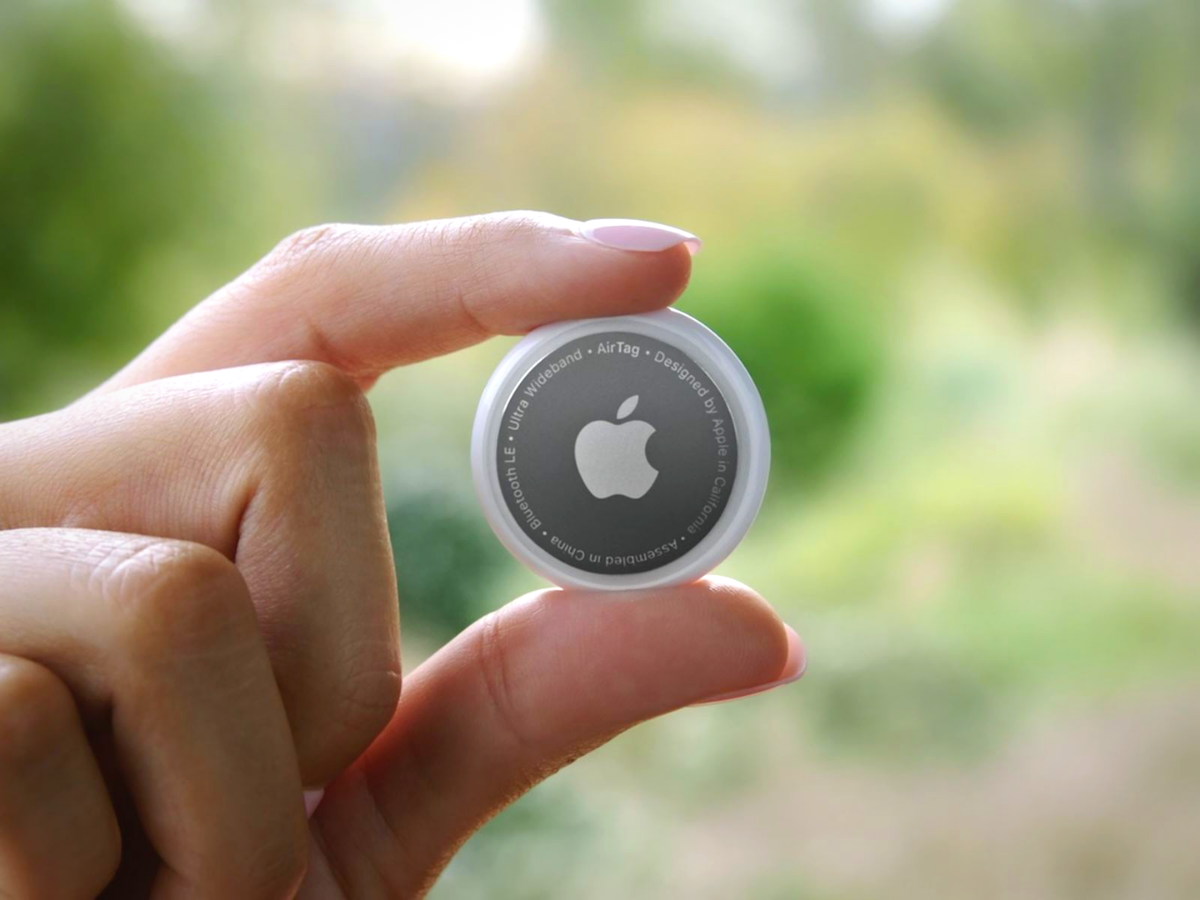Though there has been fear of AI taking over jobs, DeepScribe proves that this technology can be utilised to improve physician-to-patient relations.
The San Francisco-based startup aims to help physicians with the time-consuming, menial task of transcribing appointments with their patients for their electronic health records. With the pandemic and doctors being more in demand than ever, implementing technology that will help ease the burden of giving care is absolutely essential.
After its £3.8m seed round in May of last year, DeepScribe raised £22m in Series A funding, which was led by Nina Achadjian at Index Ventures, and included Scale.ai CEO Alex Wang, Figma CEO Dylan Field, as well as current investors Bee Partners, Stage 2 Capital, and 1984 Ventures.
The company announced that the funding will be used to grow the company further, and further improve its system, aiming to expand its technology to multiple large health systems.
In an interview with TechCrunch, co-founder Matthew Ko expressed:
‘While there are many things on our roadmap, what excites us the most are the possibilities outside of pure summarization. We believe that voice will be the building blocks for the future of medicine and holds the ability to transform the diagnosis and treatment of care as we know it. We hope to leverage the data that we are harvesting through the delivery of our service to go beyond providing efficiencies for the physician and to begin improving outcomes for patients.’
How did DeepScribe start?
In the United States, the Health Information Technology for Economic and Clinical Health (HITECH) Act was legislated as part of the American Recovery and Reinvestment Act of 2009 (ARRA). This meant that doctors would have to keep tabs on an electronic healthcare record (EHR) for each of their patients as part of their general practice. This meant that all lab tests, meetings, diagnoses, and notes had to be written down electronically. Though this was done to create safer, higher quality, more efficient, and streamlined healthcare, this extra step meant that doctors have to spend extra time doing administration tasks, and less time treating patients.
DeepScribe co-founder Akilesh Bapu remembers this well. At 12 years old, Bapu remembers when his oncologist father suddenly had to work extra hours to account for this new digital documentation system.
Bapu expressed his frustrations in an interview with Forbes, saying:
‘I saw him coming in late at night, missing dinner, missing my childhood activities and it took a toll on me’.
Future DeepScribe co-founder and UC Berkeley classmate Matthew Ko had similar complaints about the EHR system. When his Taiwanese mother was diagnosed with breast cancer, Ko had to coordinate care and translate medical records from English. However, his mom believed that the records were inaccurate to what she had heard during her consultations. He later learned that this was common in this system, and that burnt-out doctors tended to take down notes after appointments, pulling information from memory.
Along with this, further research indicated that there were many more problems with the system. Their website states that: physicians spend nearly 38.5% of their clinical hours on documentation, acting as the primary contributor to 59% of clinician burnout, providers lose over $102 billion per year in costs and lost revenue from high-skilled workers spending nearly half their day doing data entry, and that patients suffer when clinicians spend only about 1.5 minutes of direct facetime with them on average, and 40%-80% of the information discussed is forgotten.
This is why Bapu, Ko, and cofounder Kairui Zeng started DeepScribe in 2017. Ko explained:
‘After researching products in the space, we wondered why with over 75% of providers using documentation tools in the space, they were still spending nearly half their day writing notes. After testing the products, our thesis was that the existing products in the space were not solving the problem, as they still required the physician to summarize the conversation. Speech-to-text solutions were only capable of translating exactly what you say to text on a computer screen. What doctors wanted and what would really solve the problem was an ambient AI that would be able to intelligently understand and summarize a natural patient conversation. With this insight, we set out to build what is now DeepScribe, the world’s first ambient AI scribe’.
The company launched in March of 2020 and has been rapidly growing since then, scaling up 30% per month. The past 18 months have seen DeepScribe being adopted by more than 400 physicians within the US, processing over 500,000 conversations. Costing only a sixth of the price of human transcribers and saving up to three hours of work a day, and saving an aggregate of 2.5million minutes of transcription, DeepScribe has become an extremely efficient medical tool. Additionally, it was noted that there was less than one correction per note made after 20 days of usage, making it extremely accurate.
How does it work?
DeepScribe is ambient, meaning that it will quietly operate in the background, seamlessly transcribing conversations. Their speech recognition technology is far more advanced than regular dictation tools, they have trained their proprietary conversation understanding layer on ‘multiple speakers, exotic accents, all-over-the-place conversations, interruptions, and other variables that plague other tools’.
The software is also integrated into most EHR systems, meaning that it will immediately show up on the patient’s record. Conversations can be recorded through iPhones, Apple Watches, and their special hardware. Through natural language processing (NLP), the transcription process is more accurate, less manual, more efficient, and more dependable.
DeepScribe is one of the many emerging startups dedicated to making the medical industry more efficient. Artificial intelligence in particular has been harnessed for a multitude of applications, ranging from diagnosing patients, monitoring vulnerable patients, to making a more productive emergency call system. In the era of the pandemic and healthcare shortages, physicians should be provided with tools that will make their jobs easier, prevent burnout and make their occupation slightly more enticing.
Digital records have made healthcare much easier for patients and physicians, though the tediousness of their upkeep has brought about new problems for both parties. It is hoped that equally innovative tech solutions such as DeepScribe will continue to improve wellbeing worldwide.
About the Author: Shadine Taufik
Shadine Taufik is a contributing Features writer with expertise in digital sociology and culture, philosophy of technology, and computational creativity.
Recommended for you

Antidepressant Prescribing at Six-Year High
More people are taking antidepressants than ever. Is this a dark sign of the times or an indication that mental health stigma is changing?

Can AI be Used to Determine Cancer Recurrence?
When cancer patients go into remission, they often worry about it coming back. AI can now help identify those at risk of cancer recurrence.

Pegasus – Still a Threat to the UK?
The notorious Pegasus spyware has been misused to exploit vulnerabilities in devices, even those kept within the walls of Number 10.
Trending

Drug Decriminalisation: Could the UK Follow Portugal?
Portugal’s drug decriminalisation has reduced drug deaths and made people feel safe seeking support. Would the UK ever follow suit?

Calling All Unvaccinated UK Adults
With Covid cases rising, the NHS is urging the 3 million UK adults who remain unvaccinated to come forward.





